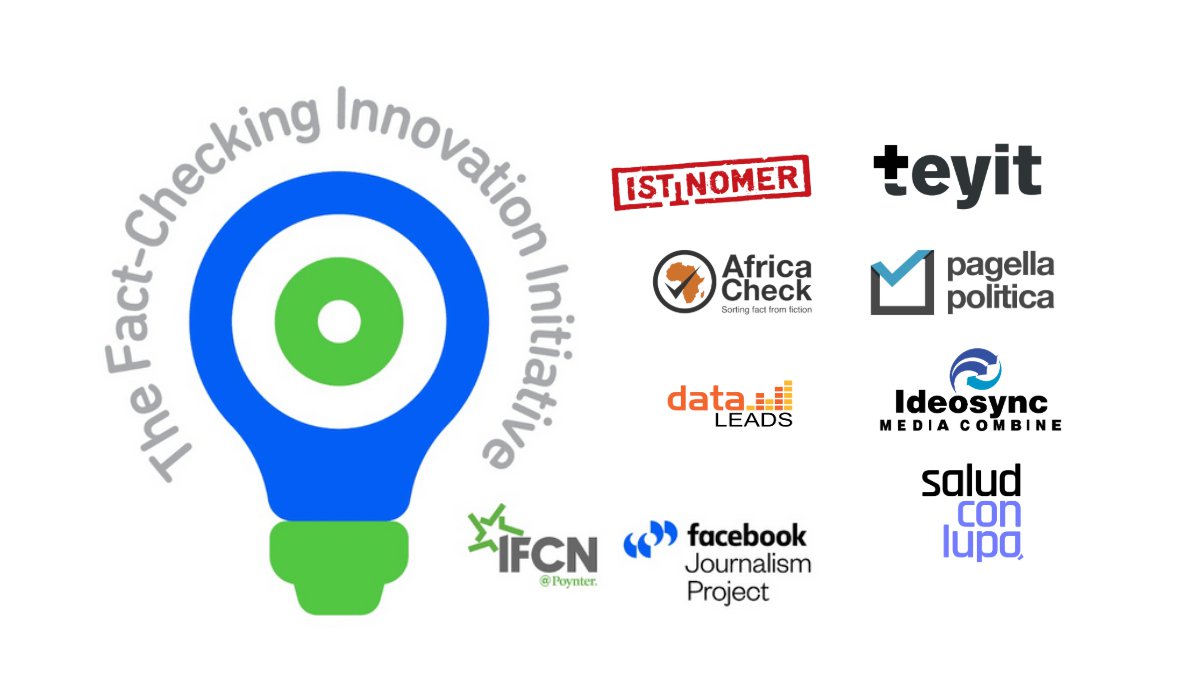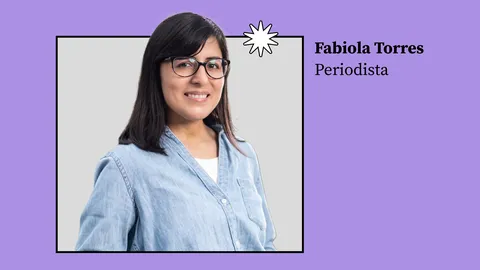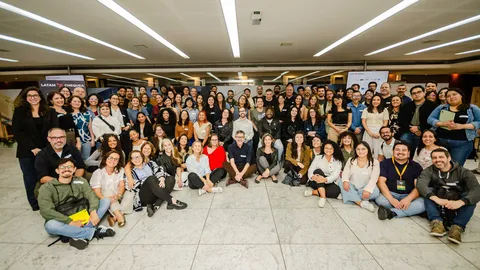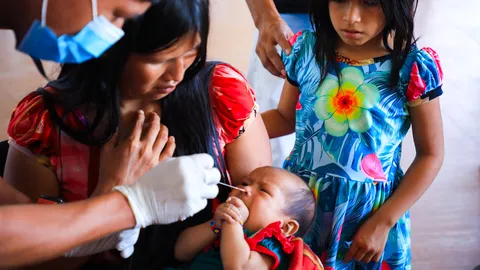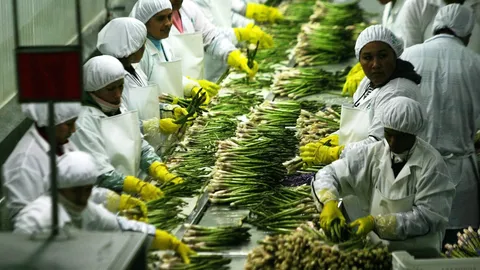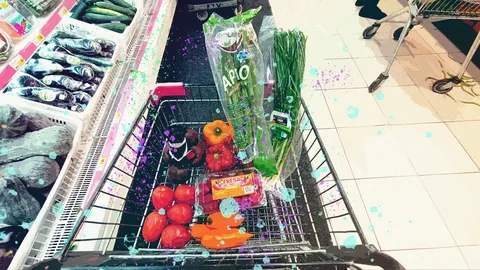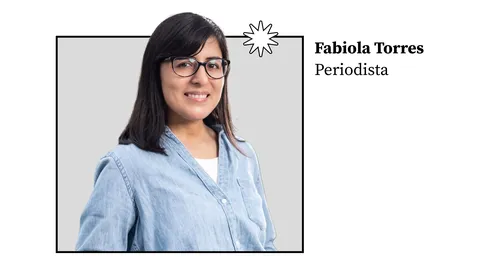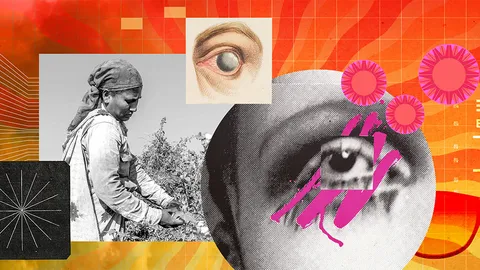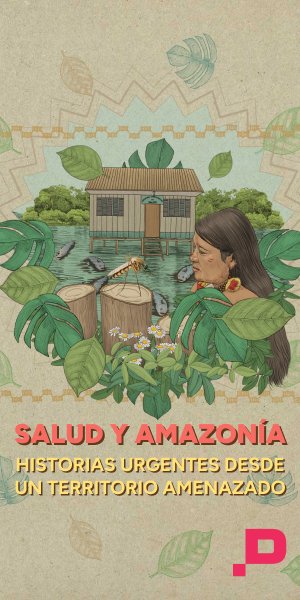Seven projects — one each from South Africa, Peru, Italy, Turkey and Serbia, and two from India, — have won the first edition of the Fact-Checking Innovation Initiative and will receive grants that range from $30,000 to $70,000 each to develop ideas to strengthen fact-checking and the fight against misinformation.
The winners were chosen by a selection committee of 13 members who, since November, have reviewed more than 90 applications divided into four different categories: news literacy, tech-assisted fact-checking, sustainable business models and new formats.
Three of the winners will deliver projects related to news literacy:
- Africa Check, South Africa, with its Info Finder, a repository of African facts
- Salud con Lupa, Peru, with its Lupa Colectiva, the first public health fact-checking project for Spanish speakers based on collaboration among journalists, health professionals and citizen contributors
- Ideosync, India, with its Community Radios Fact-Checks.
Two winners come from the sustainable business model category:
- Pagella Politica, Italy, should develop a platform to engage other fact-checkers around the world and help them reach a larger audience
- OW DataLeads, India, will work on bringing journalists, doctors and technologists together to identify and combat medical misinformation.
- The two final winners are Istinomer in Serbia and Teyit in Turkey. Istinomer won in the the tech-assisted fact-checking category and will create a browser extension so readers can easily demand fact-checks.
- Teyit will spread its fact-checks offline, using the screens that are currently available on public transportation in four cities in Turkey.
The mission of the Fact-Checking Innovation Initiative, a joint enterprise of the Facebook Journalism Project and the International Fact-Checking Network at the Poynter Institute, is to support innovative projects that will benefit the broader global fact-checking ecosystem. In this edition, the project invested $350,000. Winners will also have the opportunity to present their work at Global Fact 7, the largest fact-checking summit, organized by the IFCN. In 2020 the event will take place in Oslo from June 24-27.
“The first edition of the Fact-Checking Innovation Initiative has demonstrated a high volume of innovative ideas in the global fact-checking community,” said Baybars Orsek, the IFCN’s director. “The International Fact-Checking Network will keep monitoring the winners of this initiative to promote innovation to advance the field and inspire the larger journalism community.”
“It is great to see that not only verified signatories of the IFCN participated/won in this initiative, but also organizations that are broadly interested in supporting fact-checking,” said Cristina Tardaguila, the IFCN’s associate director and member of the jury. “This is wonderful news for us. It means the community is even larger than we thought.”
“We congratulate the winners on this diverse set of innovative projects and look forward to seeing how these efforts will benefit the broader fact-checking ecosystem around the world,” said Julia Bain, from Facebook Integrity Partnerships
Learn more about each project (in alphabetical order)
1) Africa Check / Info Finder (South Africa)
Grant: $49,917
From March-October 2020
Info Finder is Africa Check’s response to a lack of access to accurate data in Africa. It provides reliable facts and sources on 14 topics, ranging from health to governance. The tool contains more than 250 facts from Kenya, Nigeria, Senegal and South Africa, presented in an easy-to-understand Q&A format. We plan to expand Info Finder in two ways: by building it into a repository of facts gathered from fact-checkers’ work across Africa; and establishing a data helpdesk for journalists.
Liesl Pretorius, project leader:
“Info Finder targets the supply side of (mis)information. We’re making facts available in one place through partnerships and starting a help desk to make it easier for journalists to find reliable data.”
2) Ideosync Media Combine / On Air and #FactChecked! (India)
Grant: $70,197
From May 2020 to April 2021
In today's post-truth world of deep fakes, media literacy is an essential skill. Access to reliable information is critical and fundamental. Those marginalized by geography or by their social and economic situation are entitled to receive this information in their local languages and dialects and in a manner that overcomes barriers of literacy and digital access. This project is about people’s right to reliable fact-checked information.
Venu Aror, project leader:
“Our project brings a unique oral media and information literacy curriculum delivered across India through community radios, fact-checking locally circulating misinformation and strengthening local media capacity.”
3) Istinomer / ‘Fact-check Me!’ extension (Serbia)
Grant: $49,971
From March 2020 to February 2021
The ‘“Fact-check Me!” extension for web browsers will enable readers of the most popular Serbian news portals to easily and with just one click communicate with Istinomer journalists. They can suggest politicians’ and public officials’ statements or potentially fake news from media articles for Istinomer fact-checking. The app will show the visual distinction between false news and credible facts within articles from different media outlets that have been fact-checked by the Istinomer.
Milena Popovic, project leader:
“This is yet another effort to use innovation to scrutinize politicians' and public officials' statements and promises, and equip citizens with tools to raise demand for accountable performance of their representatives.”
4) OW DataLeads / First Check (India)
Grant: $50,000
From April 2020 to March 2021
First Check is a unique collaborative project in terms of its format and approach. It is a fact-check arm of the award-winning Health Analytics Asia and is devoted to fact-checking misinformation related to health and medicine. This initiative is an attempt to bring journalists, doctors and technologists together with an aim to identify and combat medical misinformation, hoaxes, unscientific medical advice and dubious claims.
Nabeela Khan Inayati, project leader:
“Health misinformation is an emerging public health emergency.Our initiative is a critical starting place and a leverage point for building collaboration between journalists and non-journalists (doctors, in our case) to fact-check medical misinformation.”
5) Pagella Politica / The Fact-Checking Engagement Project (Italy)
Grant: $47,581
From April 2020 to April 2021
Every day, facts struggle to compete with sensationalistic headlines, fake content and misleading political propaganda. So fact-checkers ask themselves how they can reach more people, with more engaging content. The Fact-Checking Engagement Project will answer this question. Thanks to a new platform and a handbook, our project will help fact-checkers reach the highest number of people of all ages around the world, collecting best practices, success stories and practical tips.
Giovanni Zagni, project leader:
“If you are a fact-checker, The Fact-Checking Engagement Project will help you make your work more valuable, and bring it closer to readers. If you are a reader, you will find that fact-checking can be an immersive, engaging and impactful experience.”
6) Salud con Lupa / Lupa Colectiva (Peru)
Grant: $50,000
From March to December 2020
The Lupa Colectiva (the “magnifying glass collective” in English) is an initiative focused on discrediting false claims about public health and medicine published online. The project will offer the public explanations and contextual data to promote rigorous, critical thinking about public health and medicine. It's the first public health fact-checking project for Spanish speakers based on collaboration among journalists, health professionals and citizen contributors.
Fabiola Torres, project leader:
“This system of collaboration among journalists, health professionals and citizen contributors is an important first step to start a process of education about health literacy in Latin America.”
7) Teyit / Mind the gap: You are one step from the truth (Turkey)
Grant: $30,024
From April 2020 to March 2021
The main target of the project is to make fact-checking work and media literacy skills accessible by using the screens on the transportation lines of the four biggest cities in Turkey, in which nearly 30 million people live, as a medium. It allows us to reach daily passengers who are more diverse in transportation vehicles rather than the followers who are tailored by social media algorithms.
Mehmet Atakan Foça, project leader:
“With this project, we will put our fact-check and how-to videos to screens which the passengers look at. Ensuring this is important in a polarized country where passing over the echo chambers and exposing the people with truth is harder than ever.”
